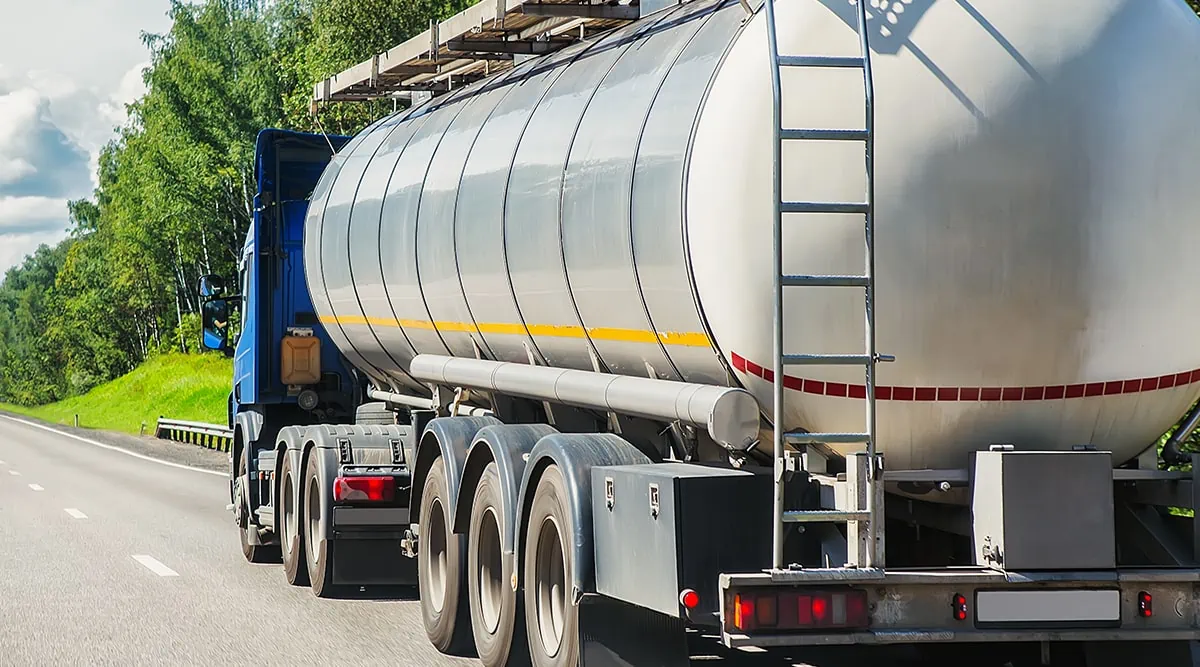The Of Reclaim Waste
The Of Reclaim Waste
Blog Article
Reclaim Waste for Beginners
Table of ContentsReclaim Waste Things To Know Before You Get This5 Easy Facts About Reclaim Waste DescribedReclaim Waste - QuestionsThe Best Guide To Reclaim WasteAn Unbiased View of Reclaim Waste
Check out the types, events, and types of liquid waste. Residential sewage waste describes the waste and items from a household septic container. This kind of waste is created by people in homes, colleges, and various other structures. This only consists of septic tanks that have a drain area. The proper monitoring and disposal of residential sewage waste need liquid waste to be moved to a sewer treatment plant where the proper techniques and tools are put on purify and take care of waste.
Business waste usually includes possible hazards, such as flammable materials or a mixture of fluid and strong waste products, and requires a much more sophisticated and in-depth disposal procedure. The disposal of commercial waste typically includes the purification of waste before transportation to guarantee secure and proper disposal. Hazardous waste is created from results and overflow of commercial procedures and manufacturing.
This sort of waste can not use the very same sewer management transport or processes as septic or commercial fluids. The hazardous waste administration process requires the assessment and screening of fluid waste prior to it undergoes the disposal procedure (liquid waste removal). Drainage waste is the fluid waste that comes from overflow and excess stormwater in extremely booming areas or cities
Drainage waste can create contamination and flooding if not handled correctly. Find out more regarding drain cleansing and waste monitoring. Making certain correct waste monitoring can stop disasters and decrease environmental harm. Both individuals in domestic settings and professionals in business or production industries can gain from comprehending the processes and regulations of liquid waste monitoring.
Not known Details About Reclaim Waste
Call PROS Solutions today to learn concerning our waste management and disposal solutions and the proper means to care for the fluid waste you produce.
(https://www.storeboard.com/reclaimwaste2)Do you recognize what takes place to your water when you end, purge the commode or drain pipes the washing equipment? No? Well, it's worth knowing. This supposed 'wastewater' is not only an essential resource yet, after treatment, will be launched to our land, waterways or the ocean. Utilized water from toilets, showers, bathrooms, kitchen sinks, laundries and commercial processes is referred to as wastewater.

water used to cool machinery or clean plant and tools). Stormwater, a type of wastewater, is overflow that streams from farming and urban locations such as roofs, parks, gardens, roads, paths and seamless gutters into stormwater drains pipes, after rain. Stormwater flows untreated directly to local creeks or rivers, eventually getting to click site the sea.
The Buzz on Reclaim Waste
In Queensland, the majority of wastewater is treated at sewage treatment plants. Wastewater is delivered from domestic or industrial sites through a system of sewage systems and pump stations, called sewerage reticulation, to a sewer therapy plant. Neighborhood federal governments develop, keep and run most sewer therapy plants. Operators are licensed under the Environmental Management Act 1994 to discharge treated wastewater at an acceptable environmental criterion right into waterways.
The Division of Natural Resources suggests neighborhood governments concerning handling, operating and keeping sewerage systems and treatment plants. In unsewered areas, city governments may call for owners to mount specific or family sewage therapy systems to treat residential wastewater from commodes, cooking areas, restrooms and laundries. The Department of Natural Resources authorizes the use of household systems when they are confirmed to be reliable.
The majority of stormwater gets no treatment. In some new communities, therapy of some stormwater to eliminate trash, sand and gravel has actually begun using gross pollutant catches. Wastewater treatment occurs in 4 stages: Eliminates solid issue. Larger solids, such as plastics and other things mistakenly discharged to sewage systems, are eliminated when wastewater is gone through displays.
Wastewater after that streams right into large tanks where solids settle and are eliminated as sludge. Oil and residue are skimmed from the surface area. Utilizes small living organisms called micro-organisms to break down and eliminate staying liquified wastes and fine bits. Micro-organisms and wastes are incorporated in the sludge. Gets rid of nitrogen and phosphorus nutrients that can cause algal flowers in our waterways and intimidate marine life.
The 5-Second Trick For Reclaim Waste
Nutrient elimination is not offered at all sewage treatment plants since it needs expensive specialized equipment. Clear fluid effluent created after treatment may still consist of disease-causing micro-organisms - industrial wastewater treatment.

This typically means wastewater has to be treated or contaminants removed prior to it can be released to waterways. A lot of wastewater moves right into the sewerage system. Under the Act, city governments administer authorizations and permits for environmentally relevant activities (Periods) including wastewater launches that could have a regional impact. The division carries out authorizations and licences to Periods including wastewater launches that could have a regional or statewide influence.
How Reclaim Waste can Save You Time, Stress, and Money.
Tracking supplies accurate details about water high quality and can verify that licence problems are being fulfilled. The information obtained through tracking supplies the basis for making water high quality decisions.
Report this page